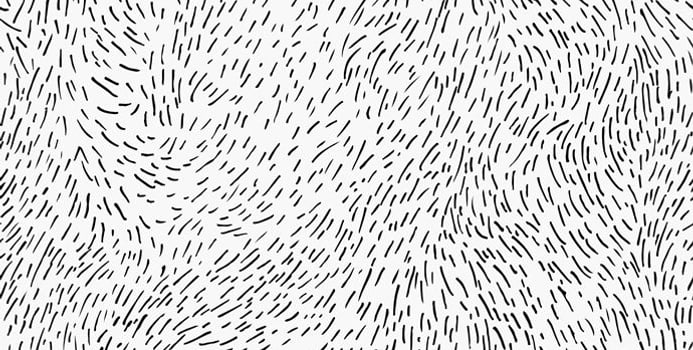Does it seem like the hair on your head will grow endlessly but the hair on the rest of your body reaches a magic length and then stops? It may seem like your head hair will continue to grow, but it actually only reaches a certain length as well. Genetics determines that (science thinks). As for your body hair, it works the same way. But the length it grows is just not as long. Usually.
All hair and fur grow in cycles. During the anagen phase, a protein root down in your hair follicle starts collecting cells in a rope-like structure we recognize as hair. Your scalp’s blood supply feeds the follicle and it continues to grow, at a rate of about half an inch per month—unless it breaks or you cut it.
The anagen phase doesn’t last forever, so eventually, your hair stops growing. Hair length is determined by the length of the anagen phase, which is in turn determined mainly by genetics. So some people may have shorter phases than others. The longer the anagen phase lasts, the longer the hair. For some, this might be two years, for others, six years.
By contrast, body hair has an anagen phase of weeks, rather than years. If you’ve ever noticed an especially thick or dark hair surrounded by peach fuzz, it’s because this hair probably has a longer anagen phase. It happens more in older people and is probably related to hormones.
Once the anagen phase is over, the follicles stop feeding the hair new cells and it stops growing. This is the catagen phase. It may still get pushed up the shaft so it looks like it’s still growing, but it’s not.
After the catogen phase is over, you enter the telogen phase in which that hair either falls out or is pushed out by a new hair.
Human hair has staggered cycles so that you never lose lots of hair at once, rather the process is cyclical. This is different from dogs and other animals that lose hair seasonally or in cycles.
Usually, you lose around 100 hairs a day, but this changes as you grow older. Your cycles don’t change, but how well the follicles work does. Older people may have thinner or more brittle hair because oil glands shrink, making strands more prone to breakage. The hair cycle doesn’t change, but your hair does.
[Image via Shutterstock]



